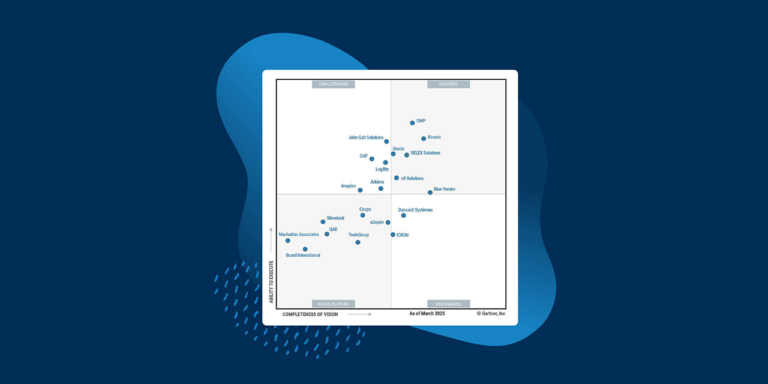Retailers and suppliers need to prioritize collaboration now
May 20, 2022 • 2 min
This article originally appeared on RetailWire.
Supply constraints have increased over the past year, so retailers must lay a groundwork that will help ensure adequate inventory on shelves (both physical and digital). One crucial step is for retailers to move away from adversarial relationships with suppliers and prioritize collaborative ones where data is shared early and often via a secure communication channel.
Suppliers often sent representatives in the past to work in the stores of their larger retail customers. That’s no longer necessary because we have the technology to create accurate forecasts, automate ordering and allow for data sharing without needing to be in the same place at the same time.
The trick is to find a solution that will enable retailers to work with suppliers in the way that suits each relationship best. Retailers, at the most basic level, should be able to share forecasts automatically and regularly with each supplier in their network. For the largest suppliers most important to the success of the business, they may also want to use a collaboration portal with near-real-time data sharing that provides greater supply chain visibility and enables both parties to proactively address potential challenges and opportunities together.
When retailers use technology to collaborate consistently and transparently with suppliers, everyone benefits. Up-to-date retail data helps suppliers react to sales shifts, gain insight into planned promotions and understand the start and end of seasons in different regions to better tailor their manufacturing and raw material procurement cadences to meet fluctuating demand.
At the same time, retailers that prioritize collaboration with their suppliers open a channel of information that can give them a competitive edge. With early knowledge about availability and manufacturing issues, retailers have a better chance of avoiding out-of-stocks, minimizing last-minute plan changes and improving promotion planning, all leading to a better end-consumer experience. Improved collaboration also improves supplier-retailer relationships at the ground level; the better the relationship, the more likely a supplier will be able to prioritize a retailer’s requests.
When suppliers can make informed, intelligent decisions about manufacturing and production, retailers can ensure that they’re getting the products they need to meet demand. In the end, this all makes it easier to move goods through the entire supply chain while improving long-term working relationships — with less strife.


